Political Fiction
Political Fiction addresses political ideologies, systems, and conflicts, often critiquing or imagining alternatives.
Fahrenheit 451
by Ray Bradbury
Ray Bradbury's "Fahrenheit 451" is a profound dystopian novel that delves into the consequences of a society bereft of critical thinking and free expression. Set in a future where books are banned and 'firemen' burn any that are found, the narrative follows Guy Montag, a fireman who begins to question his role in suppressing knowledge. The novel explores themes of censorship, the dehumanizing effects of technology, and the power of literature to inspire change. Bradbury's incisive commentary on conformity and intellectual repression remains remarkably pertinent, making it a timeless critique of society's foibles and the resilience of the human spirit in the pursuit of truth.
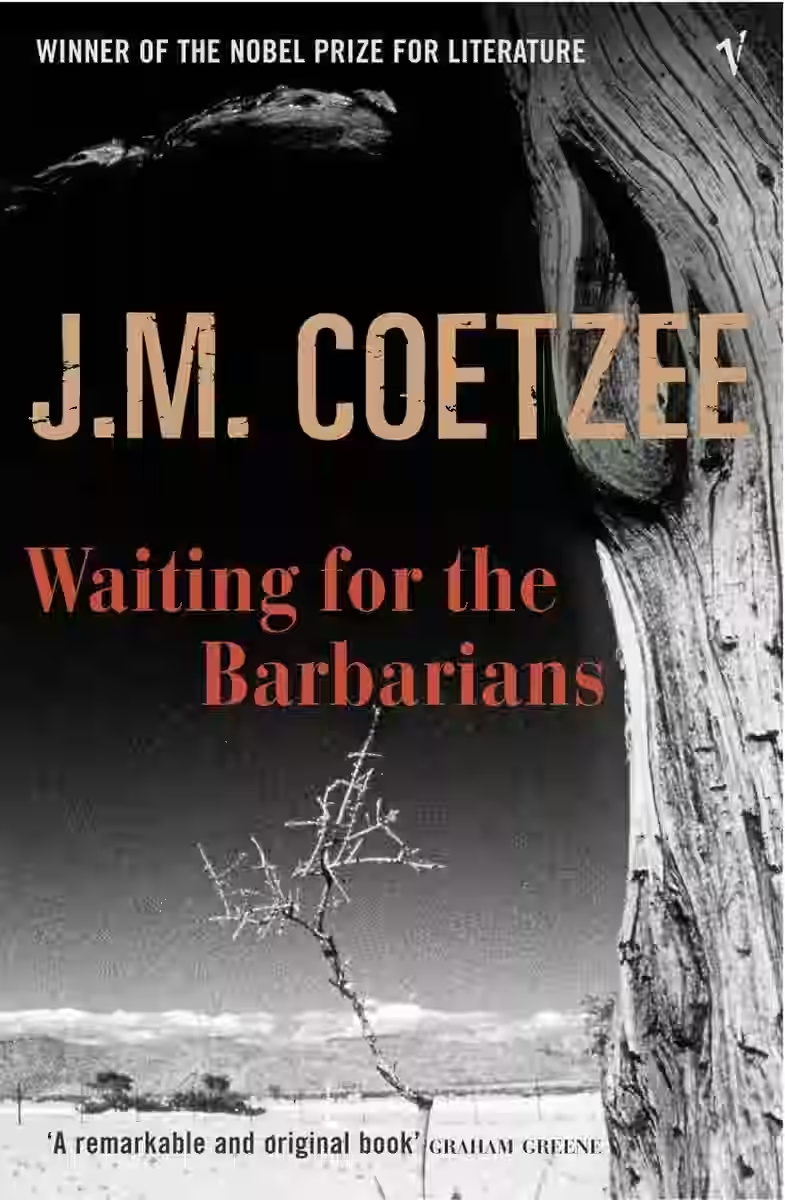
Waiting for the Barbarians
by J.M. Coetzee
In a nameless empire, a magistrate begins to question his complicity in the brutal treatment of “barbarians” as the regime prepares for war. As he empathizes with the so-called enemy, his loyalties shift, leading to personal ruin and moral awakening. Waiting for the Barbarians is a powerful allegory of colonialism, justice, and the psychological toll of dehumanization, written in Coetzee’s spare, haunting prose.
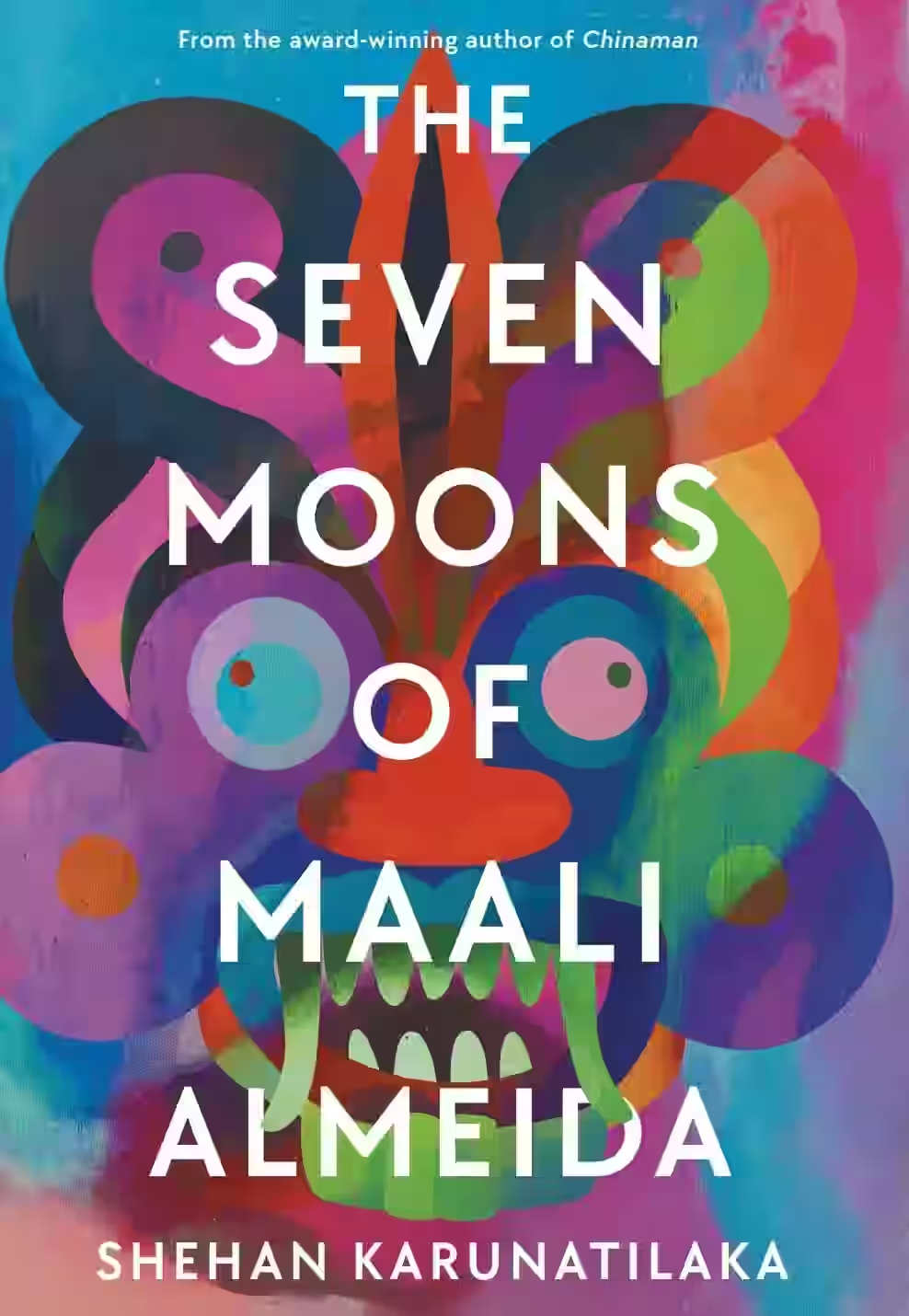
The Seven Moons of Maali Almeida
Set in 1980s Sri Lanka, The Seven Moons of Maali Almeida follows the titular character, a war photographer who finds himself in the afterlife with seven days to uncover the truth behind his death. Navigating a bureaucratic spirit world, Maali seeks to expose the atrocities of the civil war through his hidden photographs. Karunatilaka blends satire, fantasy, and political commentary to explore themes of justice, memory, and the complexities of a nation in turmoil.

Red Mars
Series: Mars Trilogy (#1)
Kim Stanley Robinson's 'Red Mars' is a riveting science fiction novel set in the near future where humanity colonizes Mars. The story follows a group of scientists and colonists as they confront the challenges of terraforming the planet while navigating political intrigue and personal conflicts. Through vivid descriptions and intricate world-building, Robinson explores themes of environmentalism, human nature, and the ethics of space exploration. The book expertly blends hard science with compelling characters, creating a thought-provoking narrative that raises questions about our future both on Earth and beyond. 'Red Mars' is a must-read for fans of complex sci-fi epics.

Utopia
by Thomas More
Utopia is Thomas More's work of philosophical fiction, imagining the island of the title, on which thousands live in peace and harmony. Through dialogue and correspondence between Raphael Hythloday and his friends and contemporaries, More explores the theories behind war, political disagreements, social quarrels and wealth distribution, and goes into the day to day lives of those citizens enjoying freedom from fear, oppression, violence and suffering. This vision of an ideal world is also a scathing satire of Europe in the sixteenth century which has been hugely influential since publication, shaping utopian fiction even to the present day.

Bring Up the Bodies
Series: The Wolf Hall Trilogy (#2)
Bring Up the Bodies is the second novel in Hilary Mantel's acclaimed historical fiction trilogy about Thomas Cromwell, set during the reign of Henry VIII. This installment follows Cromwell's intricate maneuvering to secure Anne Boleyn's downfall and Thomas More's execution, offering a compelling and nuanced portrayal of power, politics, and personal ambition.
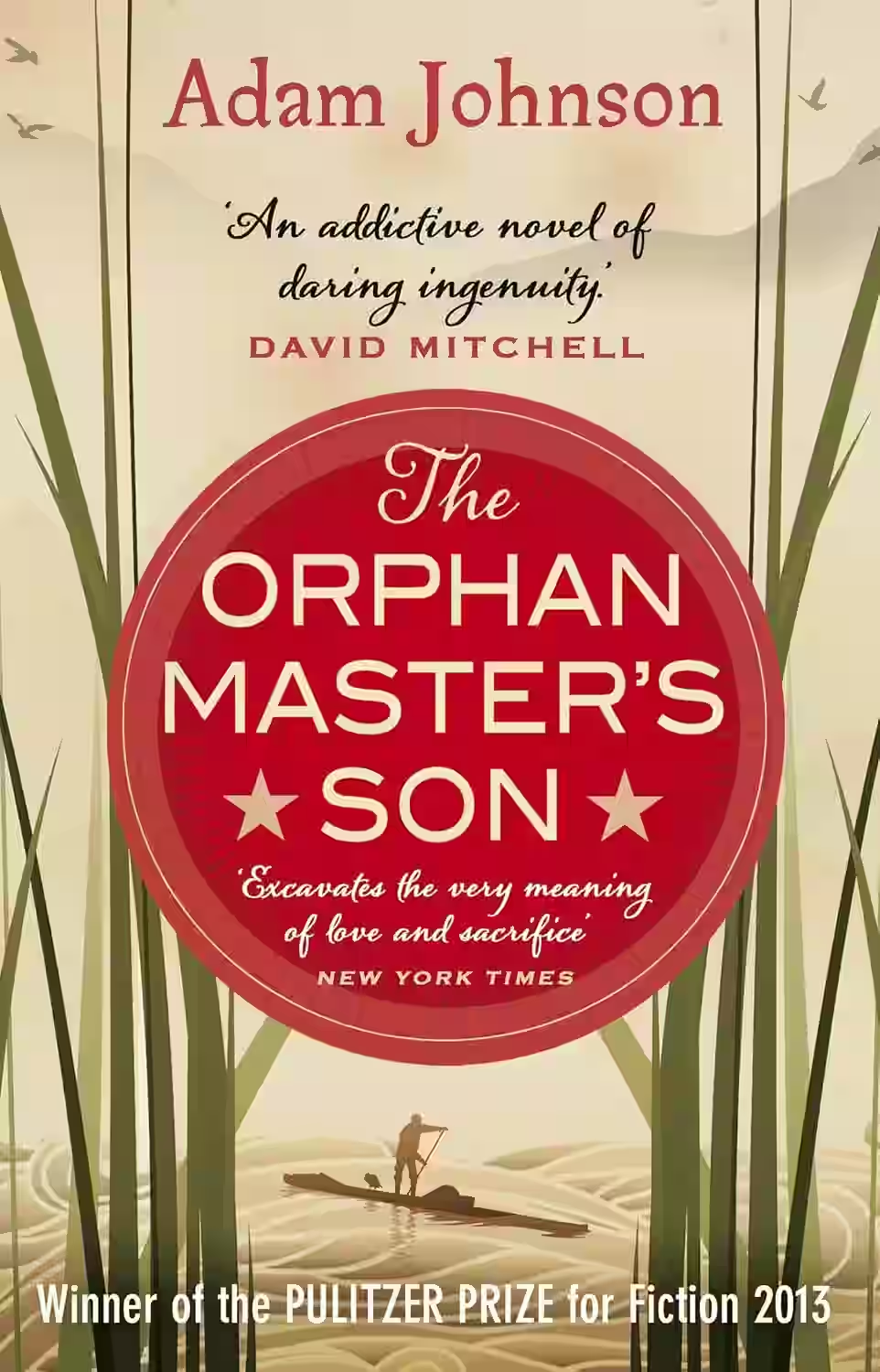
The Orphan Master's Son
by Adam Johnson
Adam Johnson's Pulitzer Prize-winning novel, 'The Orphan Master's Son,' delves into the harrowing and surreal world of North Korea, offering a gripping narrative that follows the life of Jun Do, an orphan navigating the oppressive regime. The story unfolds in two distinct parts: the first explores Jun Do's transformation as he climbs the ranks within the regime by assuming different identities, while the second reframes the narrative through interrogations and propaganda, questioning the nature of truth and identity. Johnson masterfully illustrates the themes of totalitarianism, identity, and resilience, peculiarly vivid with its haunting portrayal of manipulation and survival. The novel deftly exposes the stark realities of life under a dictatorial regime, blending dark humor with profound empathy, leaving a lasting impact on readers as it challenges perceptions of freedom and humanity.
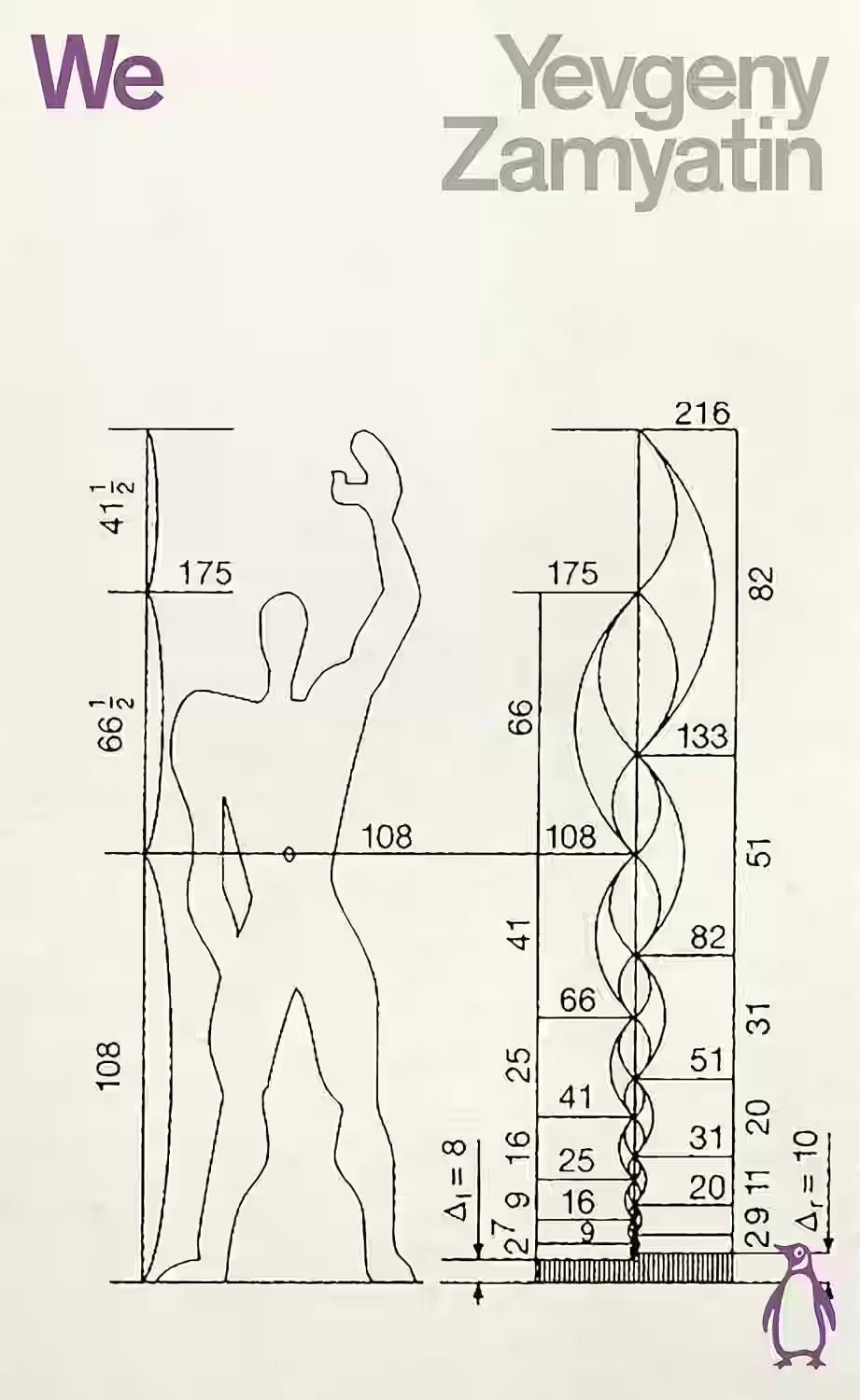
We
Yevgeny Zamyatin's "We" is a seminal piece of dystopian literature that prefigures many themes explored by later classic works like Orwell's "1984" and Huxley's "Brave New World." Set in the highly regimented One State, a society where individuals are mere cogs in a larger machine and personal freedom is subjugated to an absolute and oppressive ideology, the novel explores the nature of individuality and freedom through the protagonist, D-503, a mathematician who begins to question the infallibility of the state after falling in love with a mysterious woman. Zamyatin's work is notable not just for its powerful narrative and rich characterizations, but also for its incisive critique of authoritarianism and its enduring philosophical questions about the human condition, making it a profound and timeless read.

A Breif History of Seven Killings
by Marlon James
A Brief History of Seven Killings is a sprawling and ambitious novel centered around the attempted assassination of Bob Marley in 1976. Through a chorus of diverse voices, the book delves into Jamaican history, politics, gang violence, and the cultural impact of reggae music, creating a vivid and complex tapestry of a turbulent era.
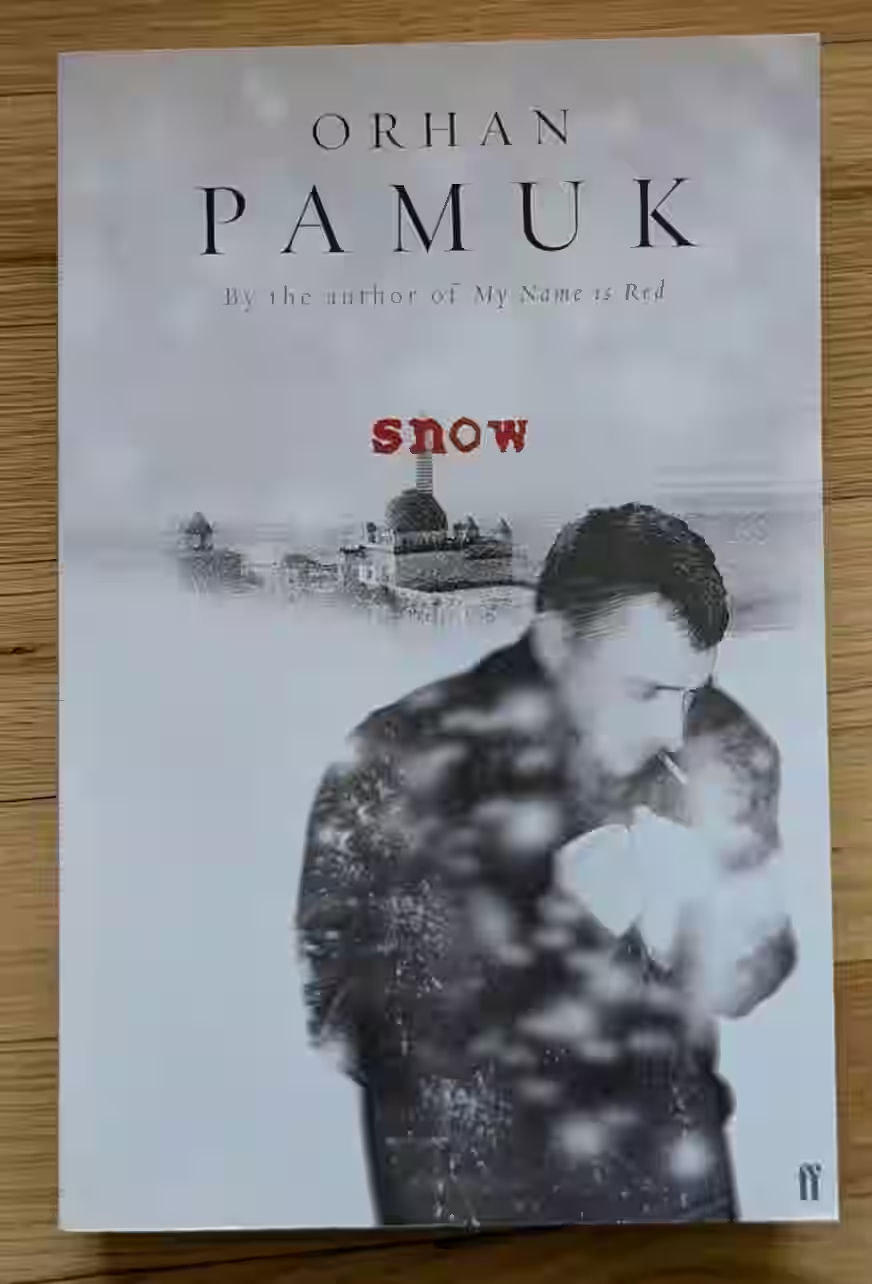
Snow
by Orhan Pamuk
Orhan Pamuk's 'Snow' is a profound exploration of identity, politics, and cultural conflict set in the snowy, remote city of Kars, Turkey. The novel follows Ka, a poet and journalist, who returns from political exile to investigate a series of suicides among young Muslim women. As Ka navigates the city's complex social and political landscape, marked by tension between secularism and Islamism, he becomes embroiled in personal and ideological conflicts. The narrative weaves themes of love, despair, and the search for meaning against a backdrop of political intrigue and existential questions. Pamuk's rich prose and philosophical depth invite readers to reflect on the broader human condition and the delicate interplay of personal and societal turmoil. 'Snow' is both a mystery and a meditation, leaving a lasting impact with its exquisite portrayal of Turkey's contemporary struggles.

Animal Farm
Animal Farm is a satirical fable by George Orwell, where farm animals overthrow their human owner, seeking equality. But as a new leadership rises, the ideals of their revolution are corrupted, revealing a powerful allegory about power and betrayal.

Americanah
Americanah follows Ifemelu and Obinze, two Nigerians whose lives diverge as they emigrate—she to the United States, he to the UK. Through Ifemelu’s journey, Adichie explores themes of race, identity, immigration, and the complexities of love across continents. The novel offers incisive commentary on the experience of Blackness in America and Britain, while remaining rooted in the characters’ emotional truths. Thought-provoking and deeply human, Americanah is a sweeping yet intimate portrait of the modern global diaspora and what it means to return “home.

Milkman
by Anna Burns
Set in an unnamed city during a time of political unrest, Milkman follows an 18-year-old woman who becomes the subject of rumors after being pursued by a powerful older man. Through her perspective, the novel explores themes of oppression, conformity, and the impact of societal scrutiny. Burns' distinctive narrative style immerses readers in the protagonist's internal struggles and the pervasive tension of her environment.
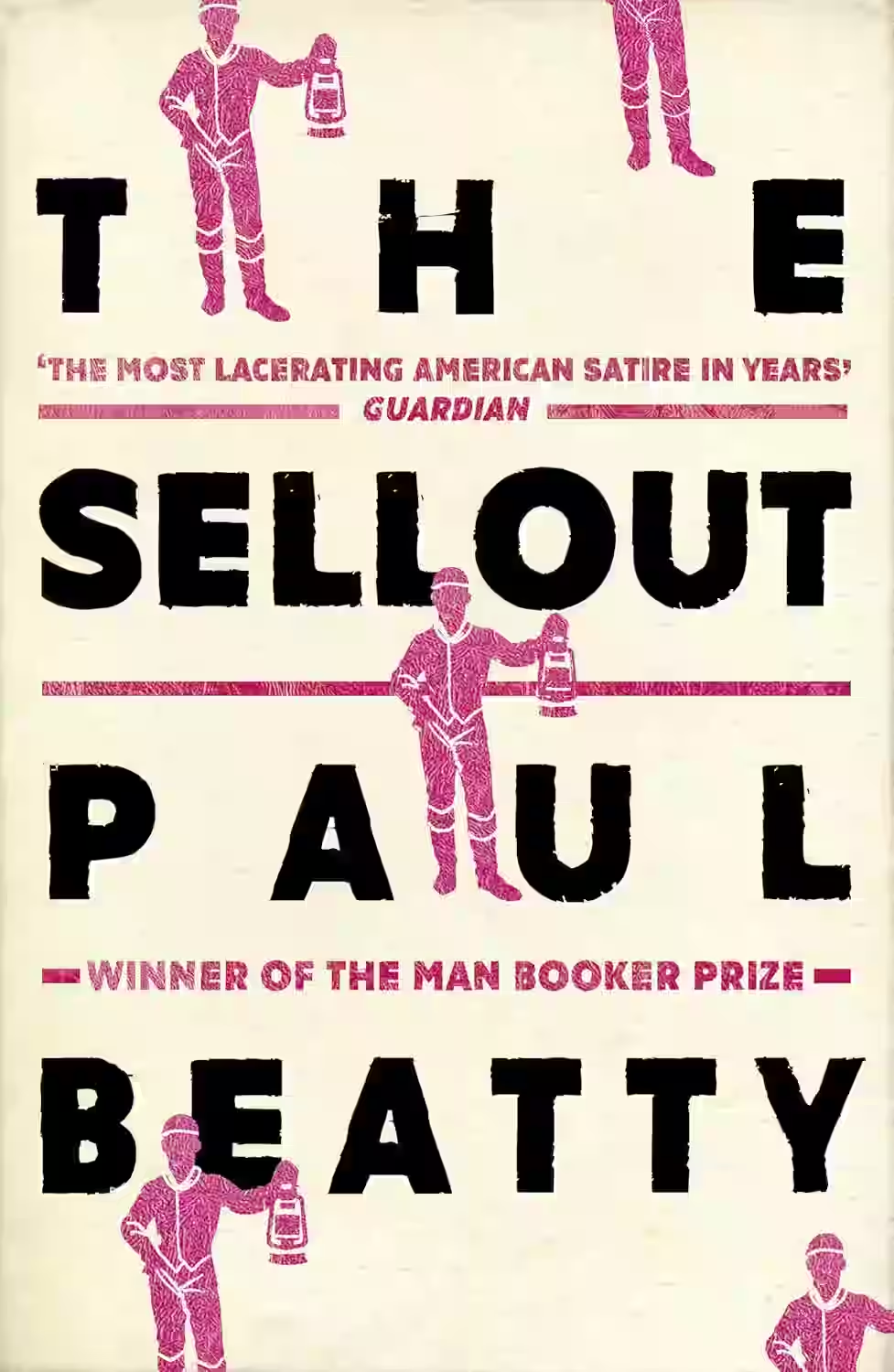
The Sellout
by Paul Beatty
The Sellout is a sharp and satirical novel that tackles race, identity, and American society with biting wit. When the fictional agrarian town of Dickens, California, is erased from the map, its black protagonist attempts to reinstate segregation and slavery to put it back on the map, forcing a provocative and uncomfortable examination of history and contemporary issues.
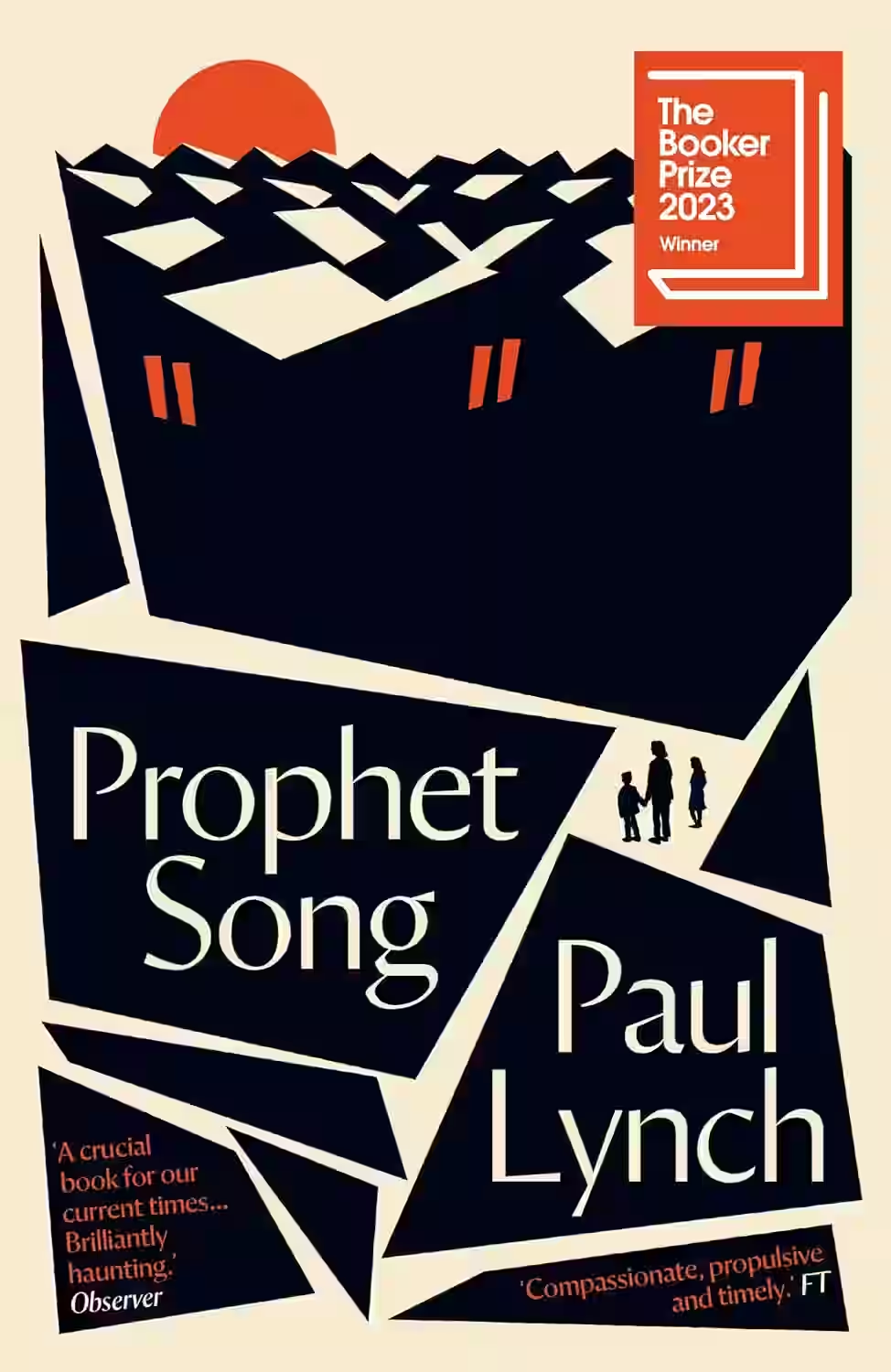
Prophet Song
by Paul Lynch
Paul Lynch's Prophet Song presents a dystopian vision of Ireland descending into authoritarianism. The story follows Eilish Stack, a mother and scientist, as she navigates a society unraveling under oppressive rule. As civil liberties erode and violence escalates, Eilish faces harrowing choices to protect her family. Lynch's narrative is a haunting exploration of resistance, sacrifice, and the human cost of political turmoil. Through Eilish's eyes, the novel examines the fragility of democracy and the enduring strength of maternal love amidst chaos.
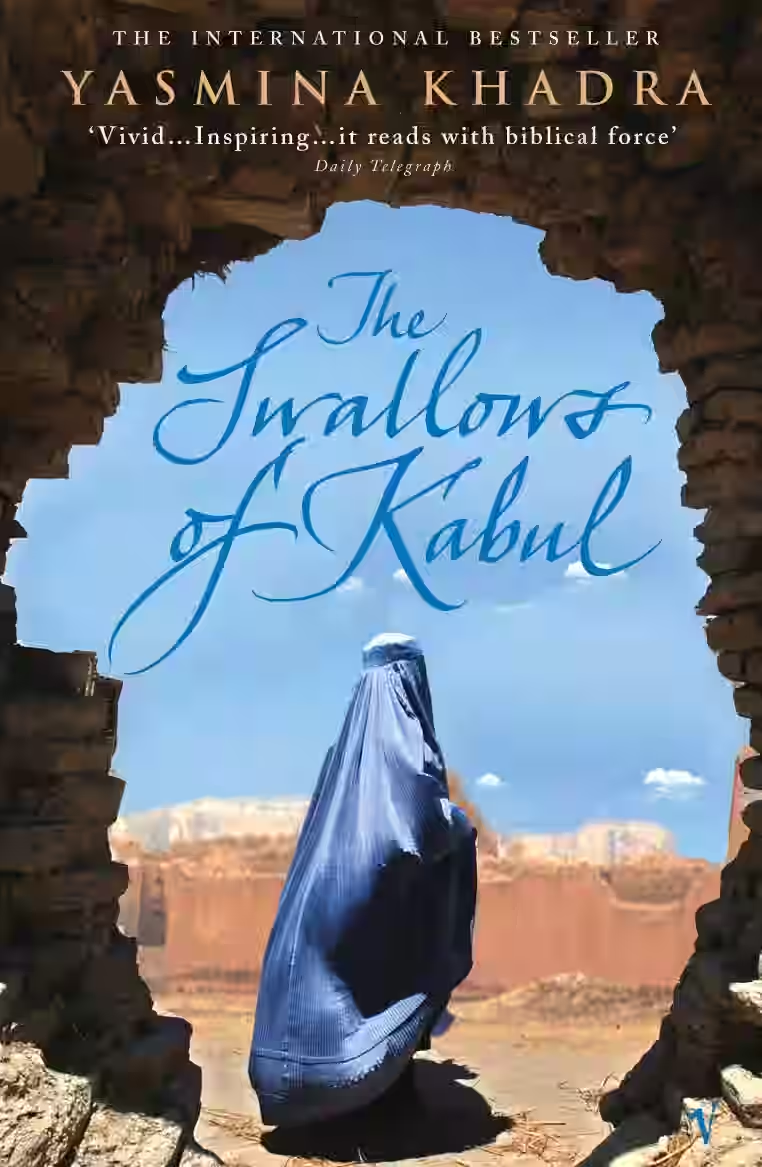
The Swallows of Kabul
Yasmina Khadra's novel, "The Swallows of Kabul," paints a haunting picture of life under the Taliban rule in Afghanistan. The story is centered around two couples – Mohsen and Zunaira, and Atiq and Mussarat – whose lives become intertwined in a fate-driven narrative. Khadra delves deep into themes of oppression, resignation, and the struggles for dignity amidst a backdrop of societal collapse. The novel deftly illustrates the harsh realities faced by individuals, particularly women, within a tyrannical regime. Through its poignant prose and gripping storyline, "The Swallows of Kabul" forces readers to confront the devastating impact of extreme ideologies on human lives, making it an unforgettable and thought-provoking read.
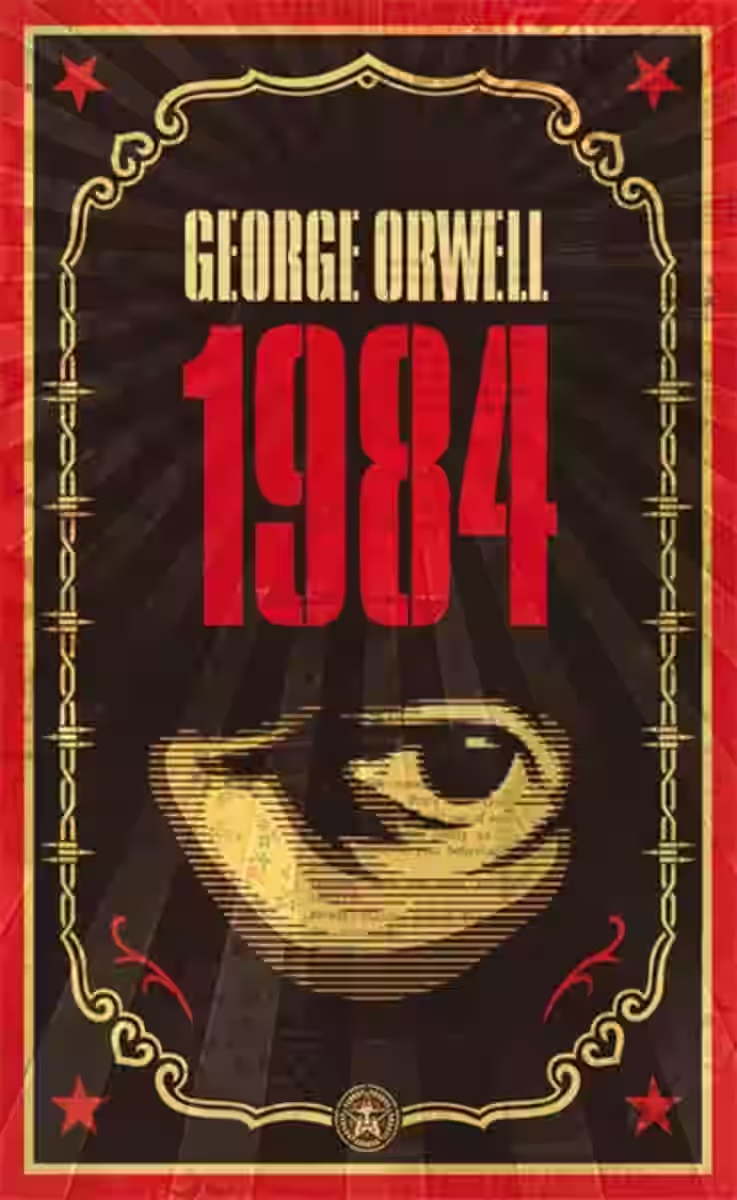
1984
In a totalitarian future Britain, Winston Smith secretly rebels against the omnipresent government that controls reality itself through surveillance, propaganda, and the manipulation of language and history. When he falls in love with Julia, another rebel, their forbidden relationship becomes an act of political rebellion. The novel explores themes of truth, power, and human dignity in a world where independent thought is a crime.